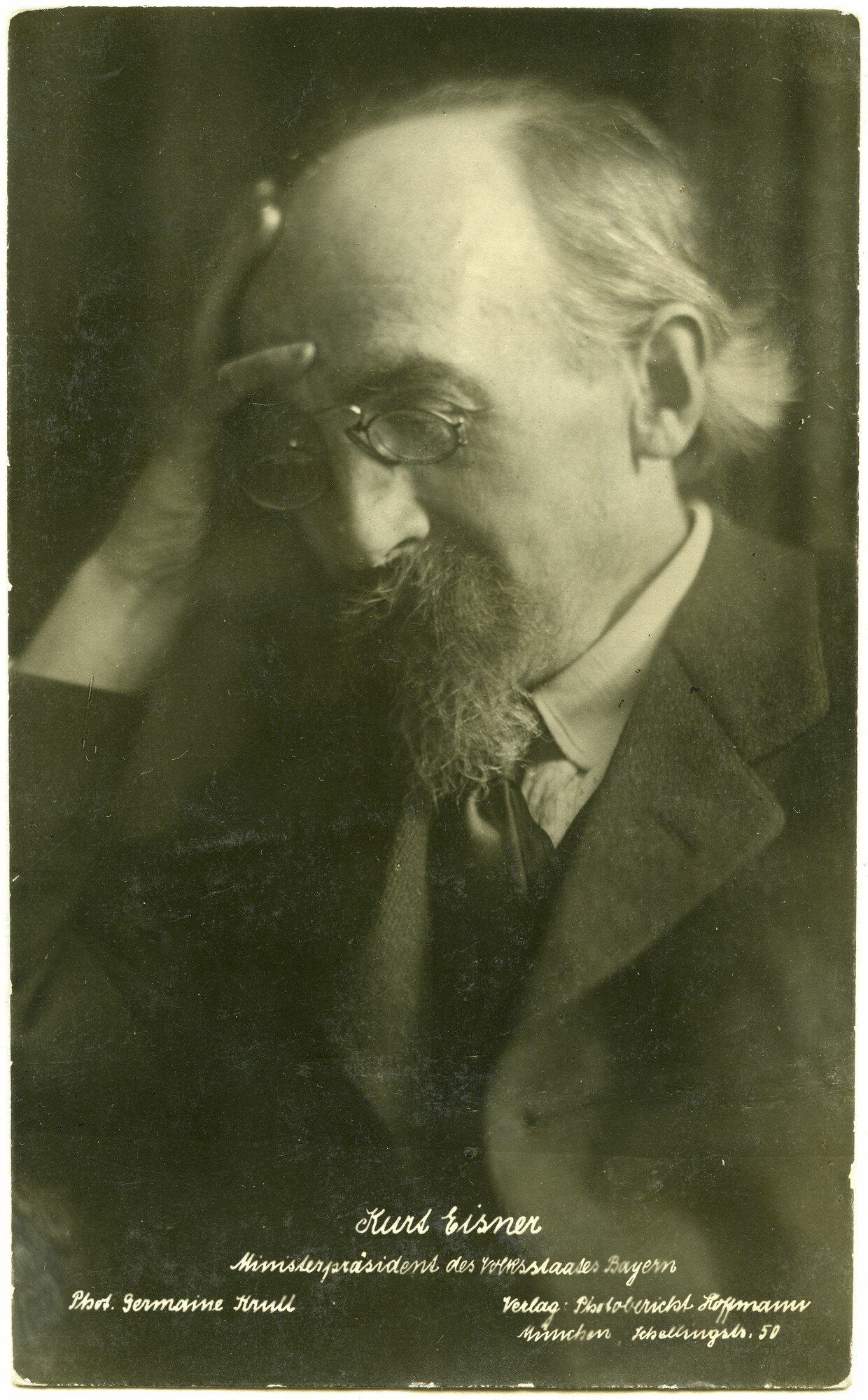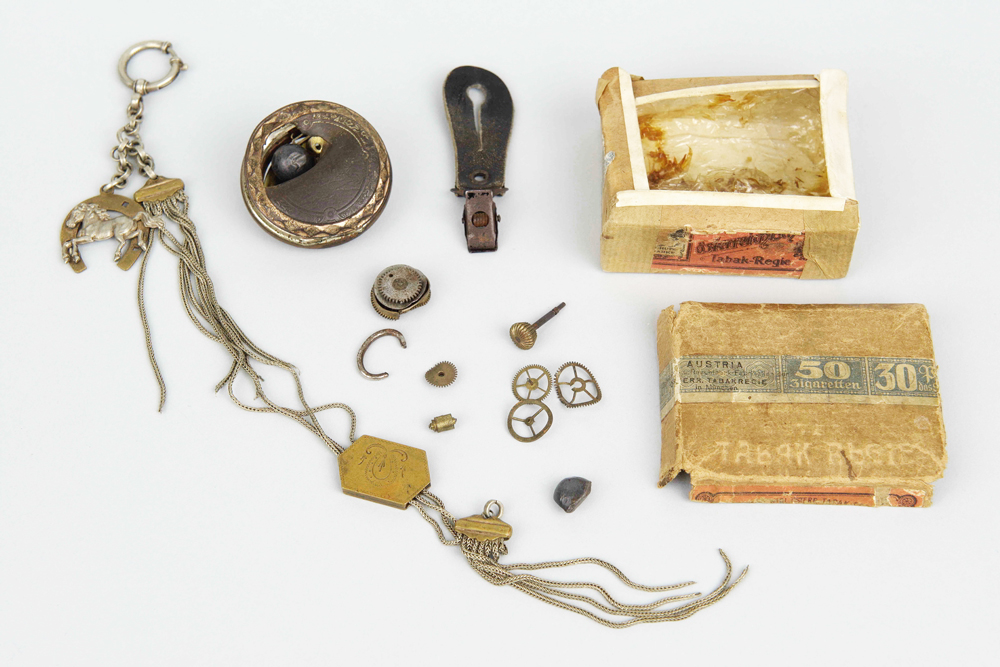
A World War and a Free State
For Bavaria, World War I stands for 200,000 dead and many more maimed and traumatized men returning home. Starvation, discontent and economic decline are rife on the so-called “home front” as well. In November of 1918, Bavaria becomes the first German realm to overthrow its monarch. Bavaria becomes a People’s State, and then the sole Soviet Republic and Free State in Germany. The Revolution is led by a truly great Bavarian patriot, Kurt Eisner, a Jew from Berlin. After his assassination on February 21, 1919, the Revolution founders in violence and chaos. All that remains is the name Free State. Bavaria is the only German state to keep this name and turn it into something distinctive and exemplary for the new states after reunification. M
Modernizing approaches and liberal tendencies are clearly perceptible in the 1920s: Karl Valentin experiments with silent and sound film early on and had established an “artificial light studio for cinematography” in 1912, albeit without commercial success. Film pioneers such as Peter Ostermayr, who founded Bavaria Film in 1909, make Munich a prestigious center of the film industry.

